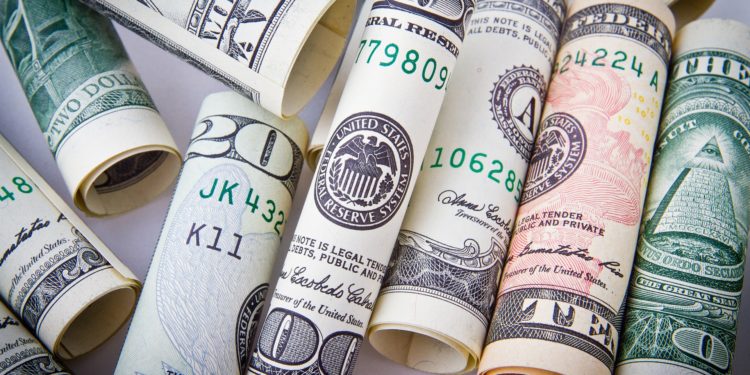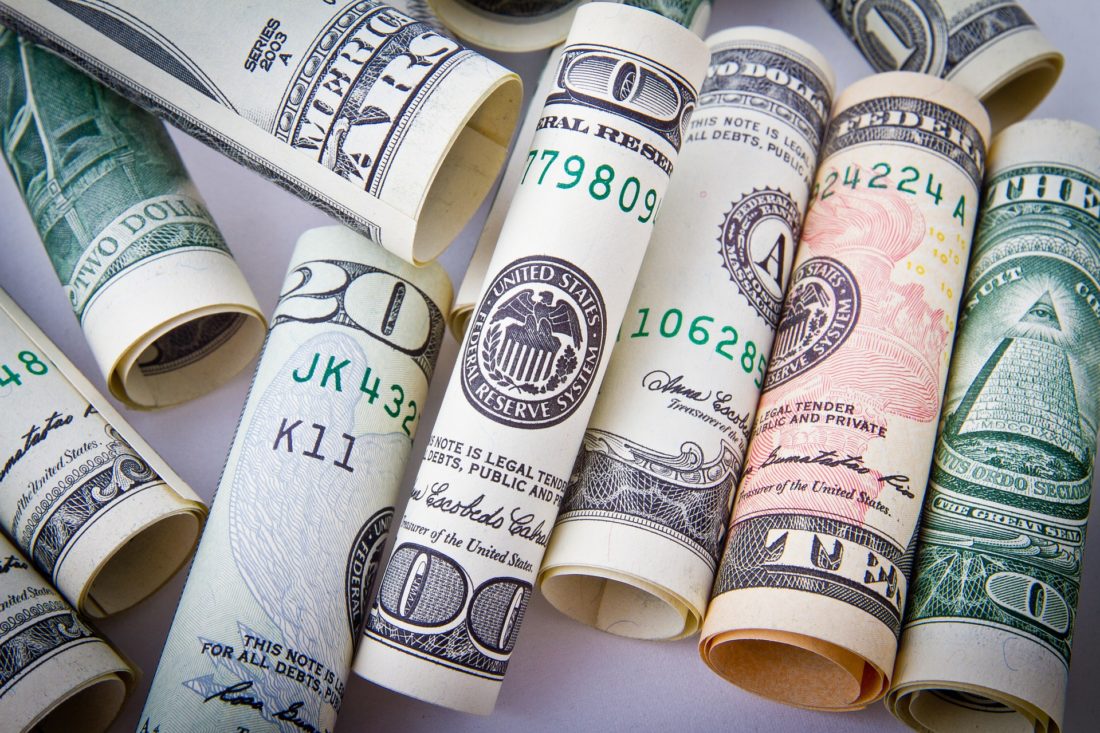Pros and Cons of a Weak Dollar


While there are always ups and downs in the value of currencies, and some have more short-term volatility than others, it is interesting to note the trends. When it comes to the US dollar, there has been a downward trend in its value compared to other currencies over the last few years. Since 2002, there has been a 40% depreciation in the value of the dollar relative to the currencies of other major developed countries. This leads us to question the pros and cons of a weak dollar.
The Pros of a Weak Dollar
A weak dollar is actually good for the US economy. It increases foreign demand because as foreign products become relatively more expensive overseas, US products and services become more competitive. In addition, it is possible for US companies to raise their prices due to less competition from foreign products in the US market. In other words, a weak dollar can provide more opportunities for US companies.
Foreign investors take more interest in the US capital market, with the attraction of the weak dollar. This commonly extends to businesses and real estate, as well as tourism. A weak dollar makes the US a more affordable travel destination for tourists, with tourism contributing between 4 and 11 percent to the economy. A flip side of this, and also a benefit for the US economy, is that tourism to foreign countries by US citizens becomes more expensive so they tend to stay local, spending their vacation dollars within the country.
The Cons of a Weak Dollar
Not all is rosy when the dollar is weak. The major negative of a weak dollar is that foreign products and services become more expensive for US citizens, meaning that when they continue to be purchased, the cost of living will go up. Companies that depend on the sale of these products, may experience a loss of business if consumers no longer purchase these higher cost items. Producers based in the US that rely wholly or partially on materials and labor from outside the US will see the costs of these aspects of their production rising with a weaker US dollar. US companies will find it more difficult to expand into foreign markets when the dollar is weak.
One of the biggest cons of a weak dollar that needs considering is the effect it has on the price of oil. A weak dollar means that people will need to spend more of their income on gasoline and heating, and companies that use petroleum products to produce goods, will have significantly higher costs. In other words, the main disadvantage of a weak dollar is inflation and how consumers can handle the higher prices.
What It All Means
It is speculation whether the US dollar will continue to decline and if so, by how much. But, if you are an investor, you trade foreign currency, you live in the US or even if you are considering a holiday to the US, it is worthwhile to understand the impact that a weak US dollar has on the economy.

